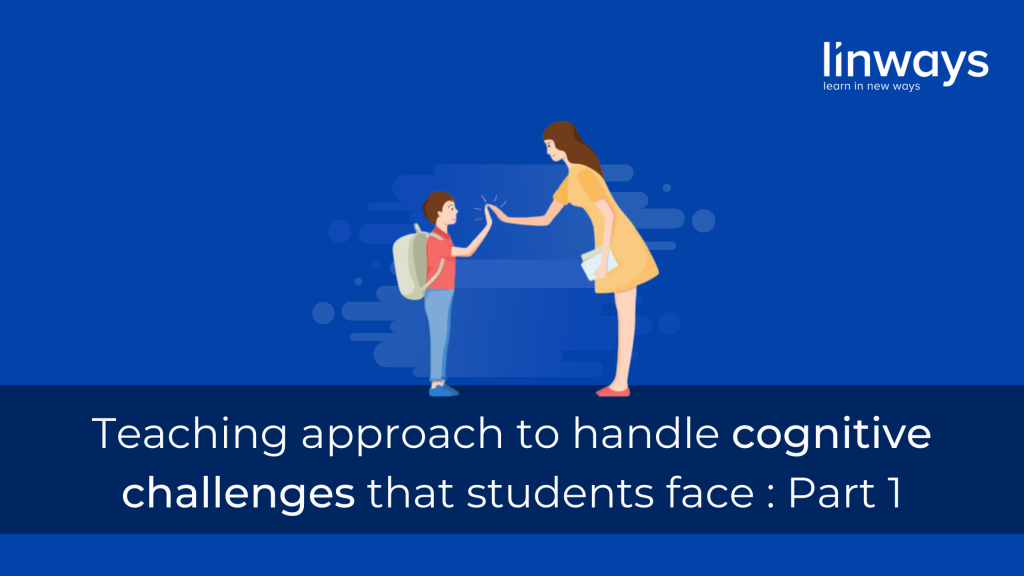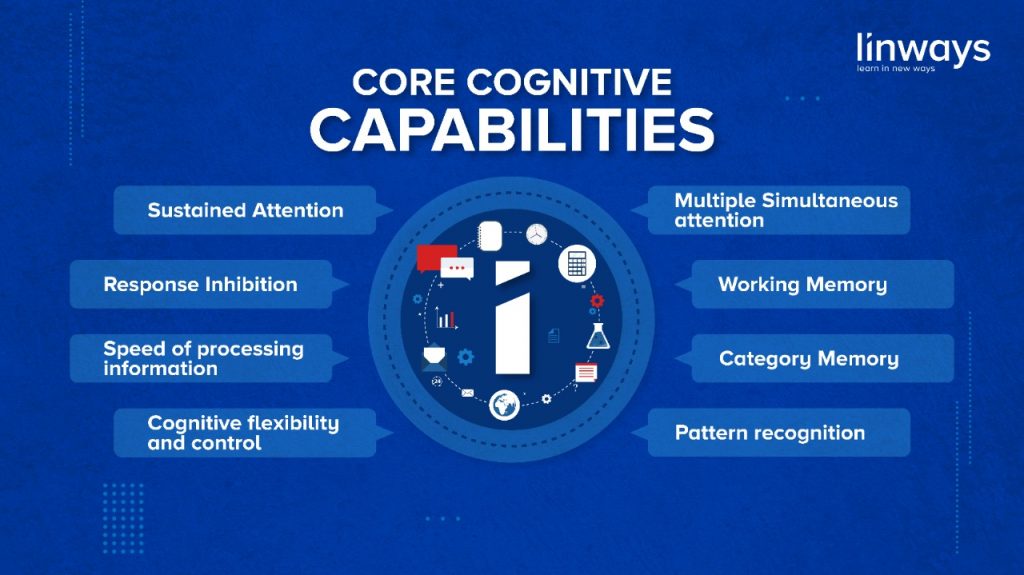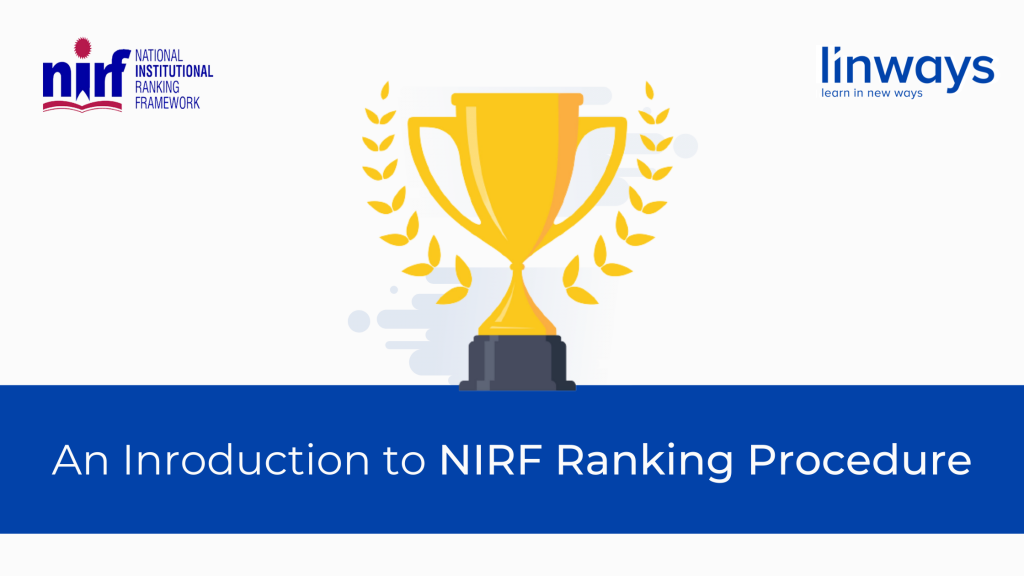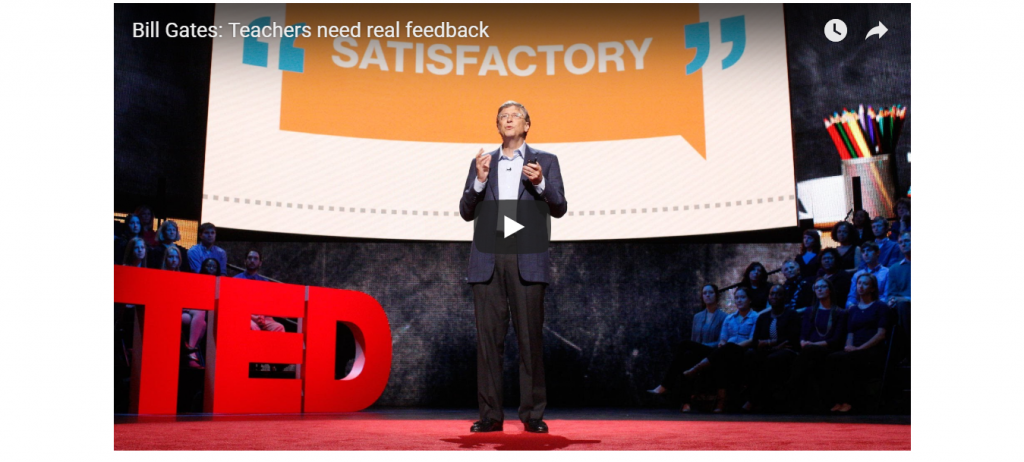
Numerous difficulties are often raised by learners in their learning process. Most often failing to recognize their weak areas and failing to work on them stops a person from succeeding in their studies. Through a blog series “Teaching approaches to handle cognitive challenges that students face” we would like to bring to you an overview on Cognitive Skills, Cognitive Challenges, and Teaching methods to hack them.
“Cognitive skills are the skills that our brain applies to acquire, store, manipulate, retrieve and process information efficiently as required.”
Cognitive skills determine how an individual processes information, perceives details, and analyses problems.
Cognitive skills include
- Sustained attention
- Selective attention
- Divided attention
- Long-term memory
- Working/ Short-term memory
- Logic and reasoning
- Auditory processing
- Visual processing
- Processing speed
Cognitive skills exercise an important role in our learning process development. They blend together constructively to provide successful learning outcomes. Let’s have a detailed look at each of these skills.
1. Sustained attention
Sustained Attention is the ability of a person to focus on activity over a long period of time. It helps a person to concentrate on an event or an action until it is completed disregarding all the external stimuli or distractions that occur.
Example : Being able to study / being attentive in class for long hours.
2. Selective attention
Selective attention is the process of concentrating on discrete parts of information and ignoring the elements that would not be beneficial.
Example: Reading a book on a crowded bus.
3. Divided Attention
Divided attention is the ability to process more than one piece of information at a time.
Example: Preparing short notes while attending the class.
4. Long-term memory
Long-term memory enables a person to store information over an extended period of time. It helps a learner to retain the information which was learned during the early ages of their studies.
Example: Ability to recollect prose that was learned in primary school.
5. Auditory processing
Auditory processing refers to how a brain perceives and interprets sound information. We have observed that certain students obtain a thorough knowledge of a topic in the classroom itself, while listening to the teacher`s lecture.
Example: Interpreting information from an audiobook.
6. Working/ Short-term memory
Short-term memory refers to storing a piece of information temporarily in order to complete a task.
Example: Remembering a mathematical value in mind until a calculation process is completed.
7. Logic and reasoning
Logic thinking skills help a person to reason logically when solving a problem. It also helps in forming ideas, thoughts, and conclusions.
Example: Applying procedural methods to solve complex questions.
8. Visual processing
Visual processing is a term that is used to refer to the brain’s ability to use and interpret visual information from the world around us.
Example: Derive conclusions from graphical representations of data.
9. Processing speed
Processing speed is a cognitive ability that could be defined as the time it takes a person to do a mental task. It is related to the speed at which a person can understand and react to the information they receive.
Example: Being able to analyze a question quickly and provide answers.
For any individual whose one or any of them is weak, irrespective of the information that is delivered to them; acquiring, retaining, or applying information will be affected.
Hence it has been observed that most of the learning struggles faced that students faces are caused by one or more weak cognitive skill associated with the person. In simple terms, this is referred to as “Cognitive Challenges”. In our upcoming blog, we will be discussing more on cognitive challenges and the suggested teaching methods to hack them.

Also published on Medium.




